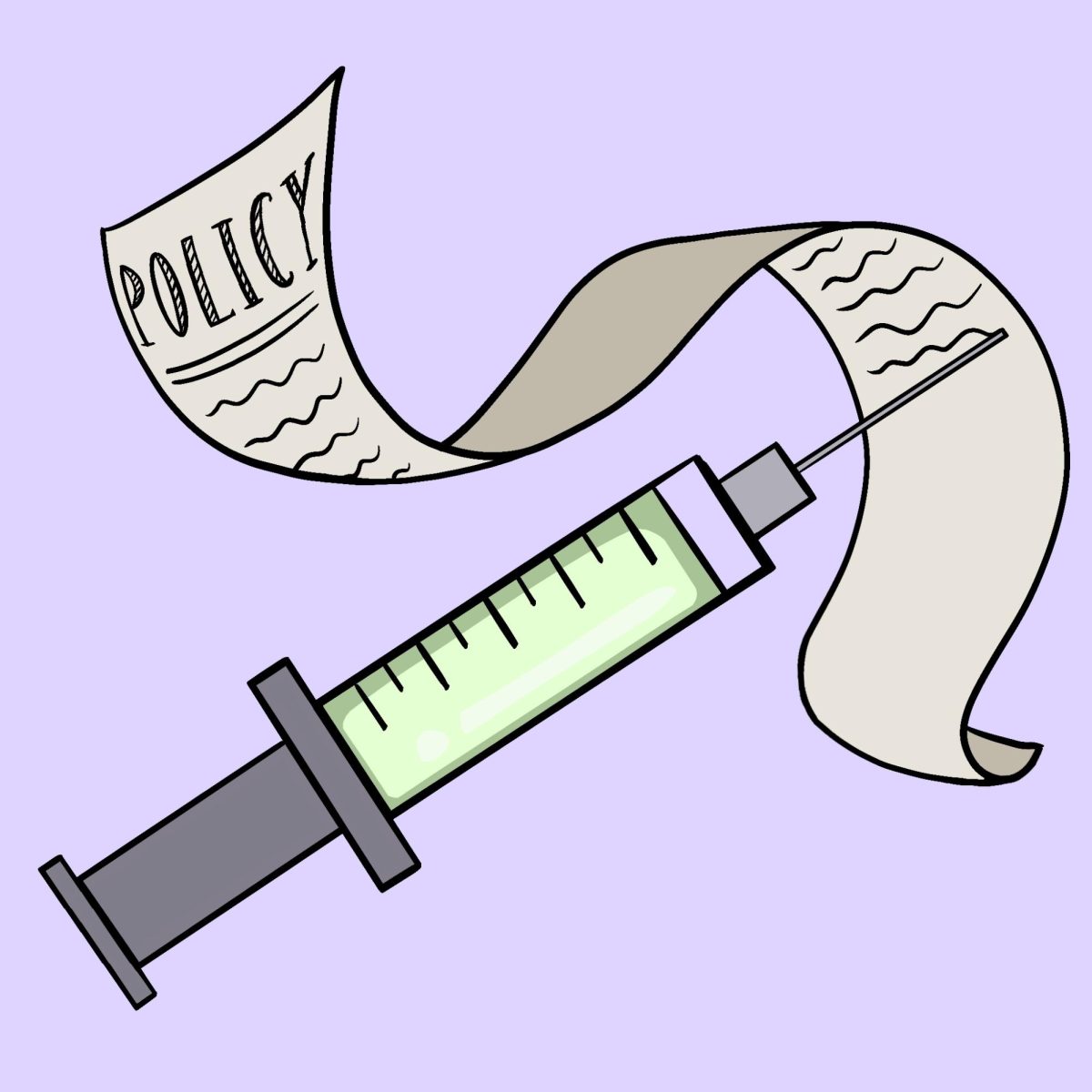On October 24th, 2023, 41 states, including California and New York, filed lawsuits against Meta Platforms, the company behind major social media platforms like Instagram and Facebook. The lawsuits claim that Meta preys on children and teens by utilizing harmful and addictive tactics to exploit impressionable young audiences, rendering Meta as a key player in the rising youth mental health crisis.
In a federal complaint, states allege that Meta is purposefully misleading the public by concealing and downplaying the effects of social media on youth, looking to capitalize on the addictiveness of their platforms. By employing and promoting psychologically manipulative features like filters, infinite scroll, and a personally-tailored algorithm, states claim that “Meta deceptively represented that the features were not manipulative…These representations, both express and implied, were false and misleading.”
States also allege that Meta is violating the Children’s Online Privacy Protection Act (COPPA) by collecting and harvesting the information of children under the age of 13 without the knowledge or consent of parents. Despite knowing most of their users and consumers are under the age of 18, Meta has continued to extract sensitive data from vulnerable users. The plaintiff claims that these “exploitative” and “harmful acts” are unlawful. These acts, according to states, constitute “unfair and/or deceptive acts or practices under the state consumer protection statutes, violate COPPA, and further constitute unlawful acts under common law principles.”
In response to the recent lawsuits, Meta has expressed its disappointment in the attorney generals pursuing the case, noting that, “instead of working productively with companies across the industry to create clear, age-appropriate standards for the many apps teens use, attorney generals have chosen [a prosecutory] path.”
Social media has long since become a significant part of our society. On average, an adult spends 2.5 hours a day on social media. For teenagers, it averages around 4.1 to 5.8 hours. The dramatic increase in social media usage in recent years has resulted in heavy rates of depression among teenagers according to some sources. In 2019, the depression rates increased by 50%, with girls more susceptible to symptoms of depression and anxiety than boys. Based on the studies conducted by the plaintiff states, Meta and other social media outlets aggravate symptoms of depression, body dysmorphia, anxiety, insomnia, as well as other interferences in daily and school life. Grady Frost ’27 agreed with this sentiment, telling the Register Forum, “There’s a lot of bad body image stuff on there… [It’s] irritating… They’re exploitive in the way they market to people – they get you down a rabbit hole of bad body image.”
However, other studies indicate a more nuanced situation. The American Psychological Association writes that social media is “not inherently beneficial or harmful to young people,” with its effects more dependent on the individual’s daily life and relationship with social media. Nayana Caneron ’24 told the Register Forum, “I think that it balances out… there are negative effects and positive effects… It does help with socialization and friendships.” Although this lawsuit states otherwise, other sources encourage readers to dig deeper and come to their own conclusions about the way they spend time on social media.
This article also appears in our November 2023 print edition.














